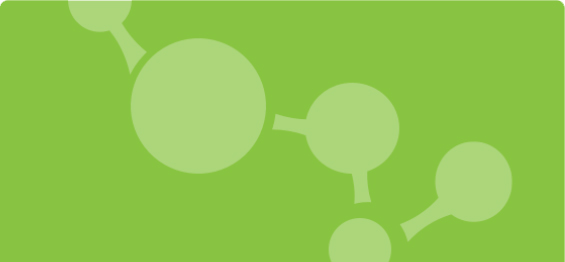There is, I think, one thing that unifies nearly every species on Earth, a single constant that goes beyond similarities in DNA, genomes, cells or evolution. A “universal” tie-in which, even if you could genetically engineer and build from scratch an entirely new creation unbeholdened to any previous creature, rules every single body, great and small. Simply, we are all children of and are ruled by a planet with a 24 hour axis rotation.
This continuous cycle of light and dark creates the circadian rhythm that drives at the very core of our existence, mandating our waking and sleeping, whether human, insect, tree or bacteria. We live and die on the phases of our great home-world, and it takes thousands of years of isolation and/or specific adaption to overcome that basic, simple, biological drive. As humans, we often think that we have subjugated the world around us, but it’s abundantly clear to anyone who’s ever traveled long distances by plane (or even worked in a split-shift job) and suffered a “jetlag” effect, that we are still, quite obviously, slaves to our primal, internal clocks.
Despite our seeming dependence on it, we are still very much “in the dark” about how our circadian clock works. We know, for instance, that the clock is a function of the Suprachiasmatic nucleus (SCN), a small, rice-sized node in the hypothalamus that uses highly specialized retinal ganglion cells to detect light patterns, signaling genes such as Clock (Clk) and Period (Per) in the SCN to begin the oscillation of our internal clocks and maintain the speed of the oscillations over the next 24 hours. We know that there is an auto-regulatory feedback loop that prevents obtuse or episodic entrainment from occurring. But the way in which that regulation works hasn’t been as well understood...until just recently when a group out of Oxford led by Russell Foster and Stuart Peirson took an in depth look at the genes involved in the SCN feedback mechanism.
There is a real impetus to understand the way these genes process the external cues and self-regulate to govern our lives, and not just for jet-setting, world tourists, but also for the many people who suffer from circadian rhythm deficiencies. Foster and Peirson’s worked at the Per1 and Sik1 genes and how they affect CREB-mediated clock gene expression and that CRTC1 acts as a coactivator of the CREB transcription of those genes. They were able to show that knockdown of the Sik1 gene, both in vitro (with the smart use of Gold Bio Luciferin) and in vivo, enhanced the behavioral phase shifts and retrainment to new light-dark cycles by allowing the CRTC-continued transcription of Per1!
The role of the SIK1 negative-feedback mechanism is important to prevent our bodies from constantly readjusting to every minor change of stimuli that we’re faced with every day. Imagine if that streetlamp outside your window was suddenly able to change your body’s circadian clock to an opposite light-dark cycle or if, in the process of getting up in the middle of the night for a drink, the refrigerator light suddenly informed your body that it was morning and that you should stay awake? There is a definite need for the primary clock that we live by to keep itself in check, despite thousands of stimuli every day. That’s what the SIK1-CRTC pathway does…the proverbial time-keeping engineer on the train of life, keeping the system on time.
However there are always times when the clock goes haywire and needs a reboot. Currently, we don’t have one. But research into these mechanics and results like that of Foster and Peirson’s will someday make that a reality. And I can just about imagine the end to jetlag as we know it…but until then, I’ll just have to take a nap.
Jagannath, A., Butler, R., Godinho, S. I., Couch, Y., Brown, L. A., Vasudevan, S. R., Flanagan,K., Anthony, D., Churchill, G., Wood, M., Steiner, G, Ebeling, M., Hossbach, M., Wettstein, J., Duffield, G., Gatti, S., Hankins, M., Foster, R. & Peirson, S. (2013). The CRTC1-SIK1 Pathway Regulates Entrainment of the Circadian Clock. Cell, 154(5), 1100-1111.
Category Code: 79105 79102




